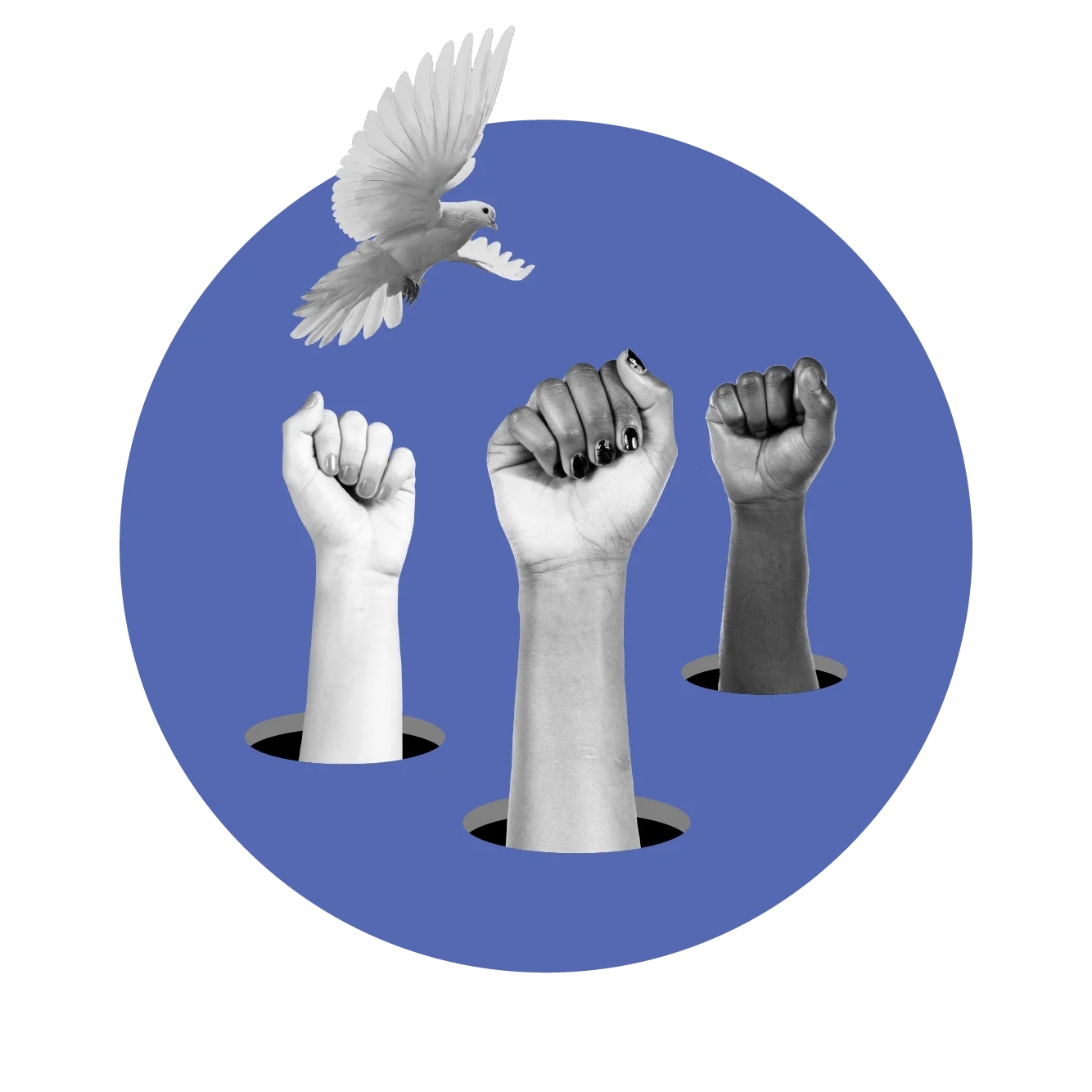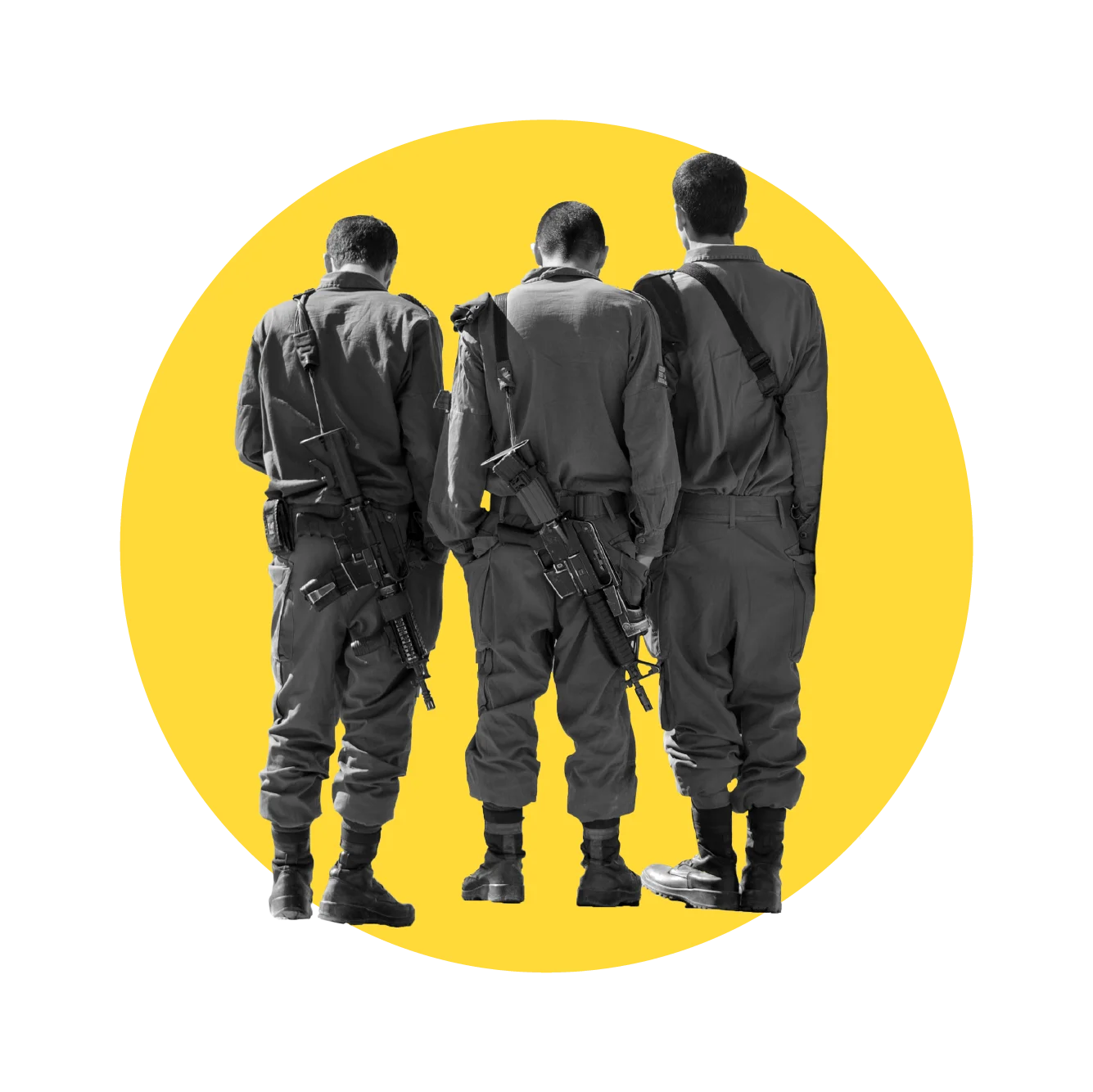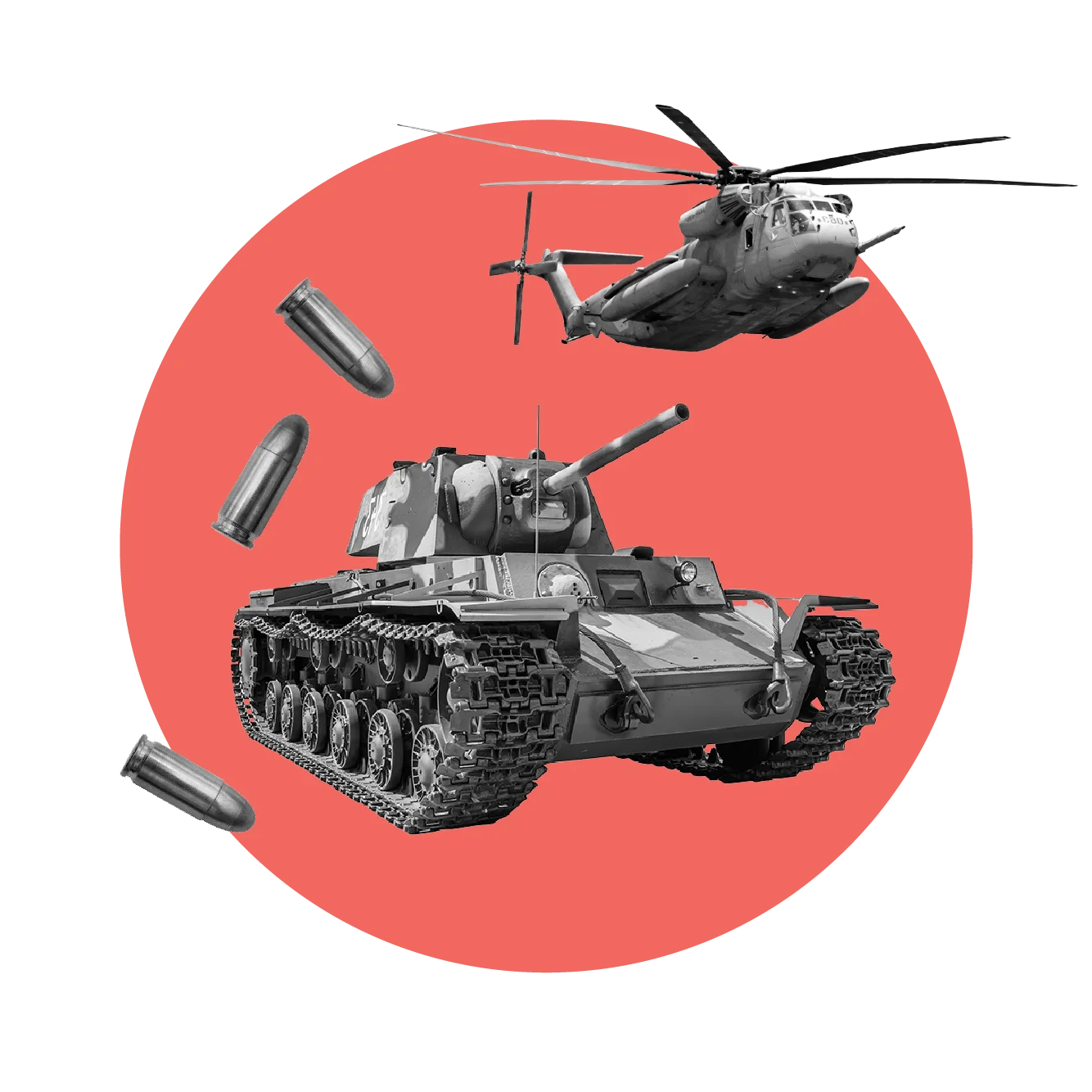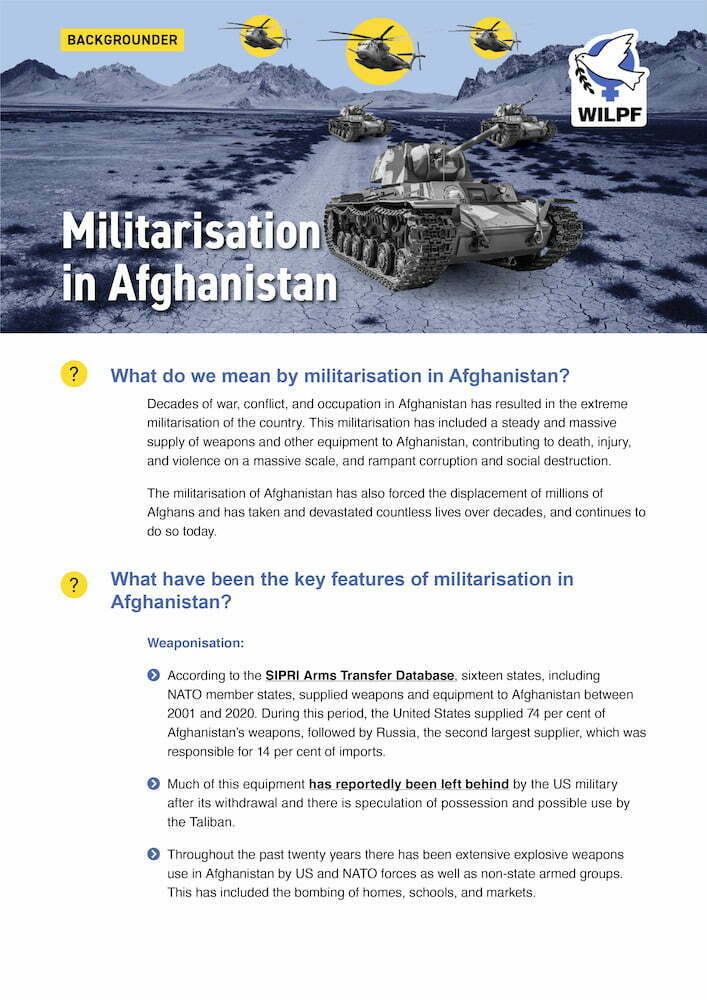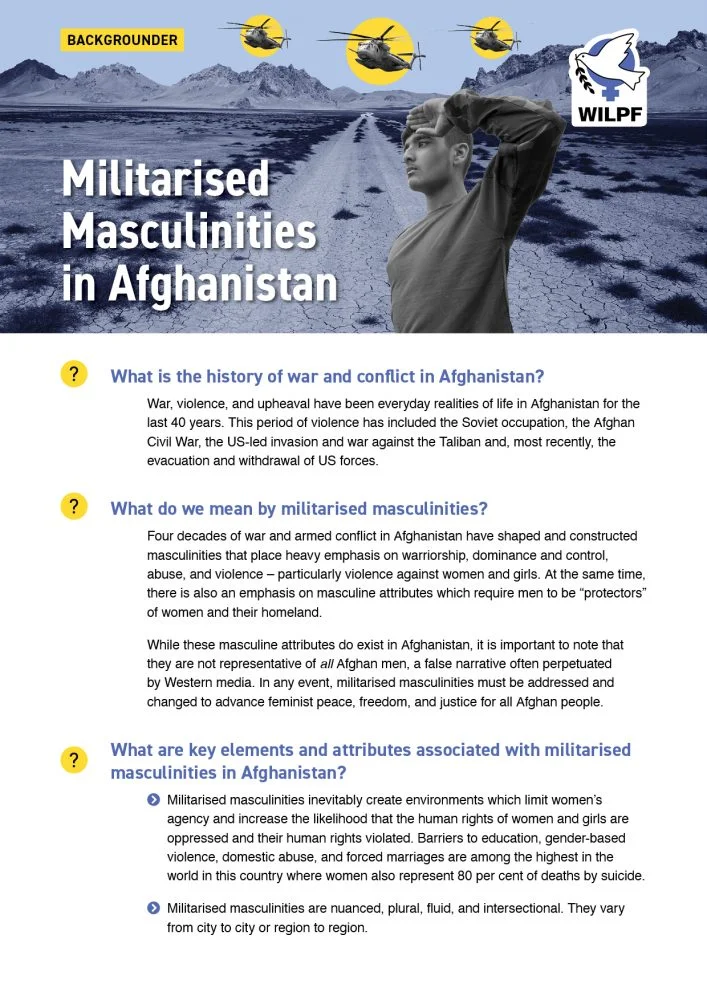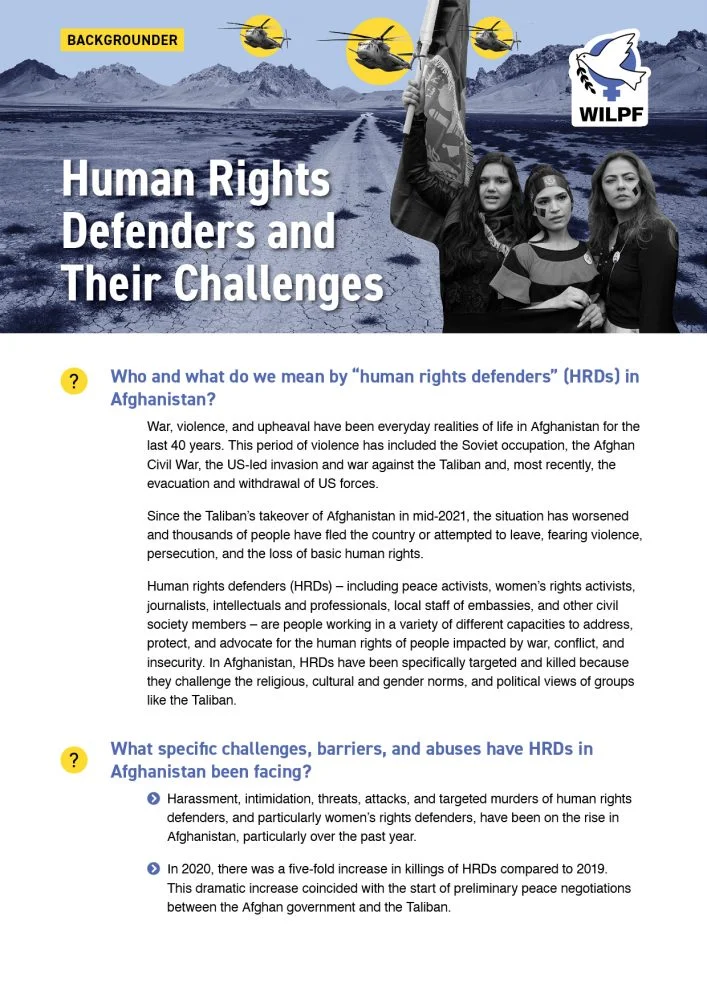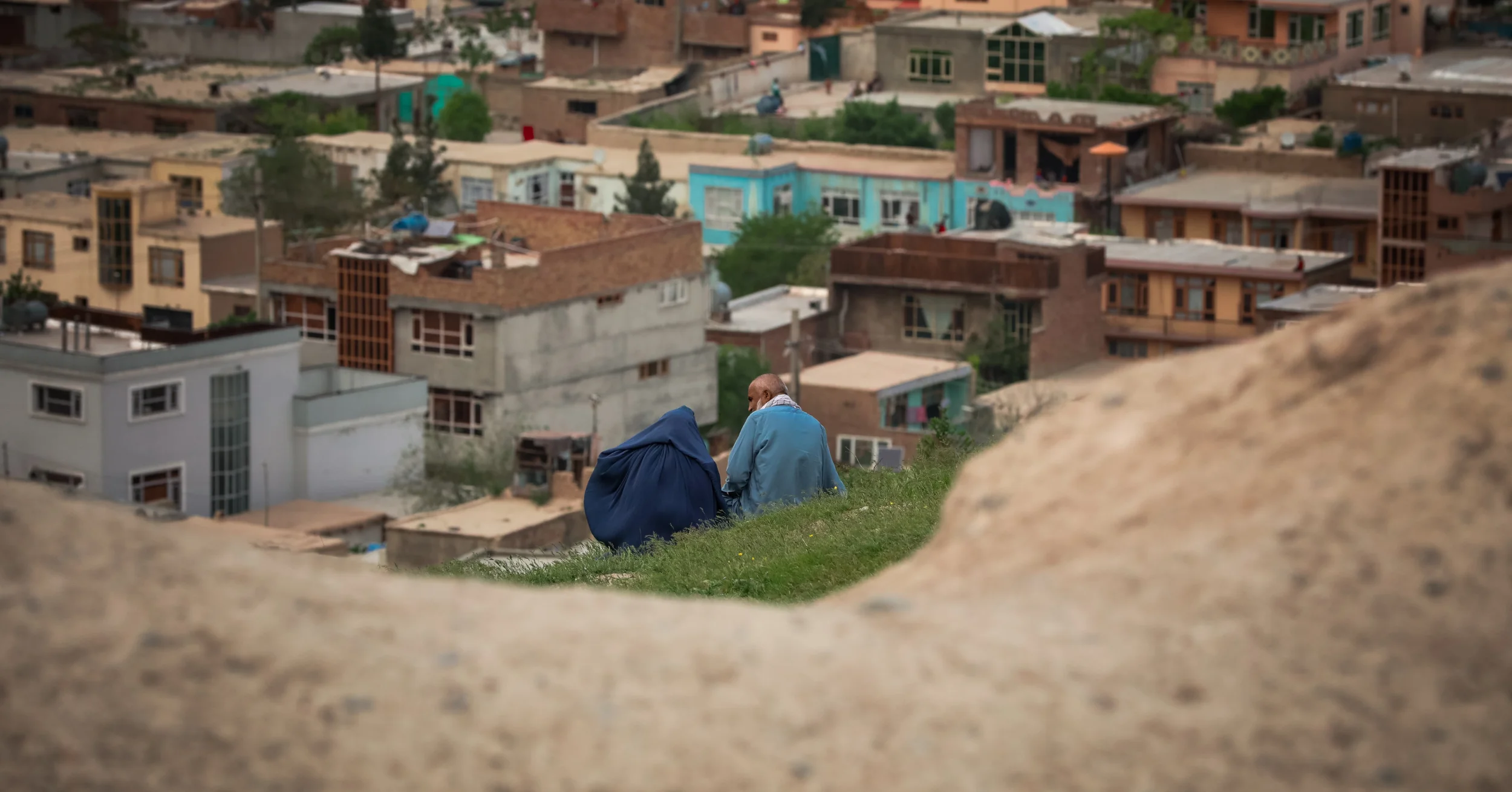Jamila is a well-known peace-builder who fights for women’s effective participation in peace and political processes3. In July 2019, she was part of an 11-women delegation at the intra-Afghan peace dialogue in Doha sponsored by Qatar and Germany4 and briefed the UN Security Council on the need for women’s effective participation in political processes on Afghanistan.
She has been critical of the Taliban’s use of violence and perversion of Islamic practice and beliefs to challenge women’s rights. To that end, she has mobilized thousands of women and men in Afghanistan, including 6,000 imams in 22 provinces5. Since 2019, she has been facilitating the work a group of Afghan Women Scholars and has established a research center which promotes a moderate narrative of women’s rights from an Islamic perspective. She has hundreds of followers inside and outside Afghanistan and is working with WISE on Muslim Women’s Rights Global Rights Declaration6.
Jamila received the Award of Women of Courage from the USA embassy in Kabul7 on December 2019. She is also the recipient of the Religious Peacemaker Award from Tanenbaum organization in 20108, the Global Leadership Award from Tallberg Foundation9 in 2015 and the Humanitarian Award10 from Aurora in 2017.
Jamila was evacuated from Afghanistan in August 2021. She is now based in Norway, where she continues to advocate for women’s rights under the Taliban and for gender equality and social justice. She is a member of the Afghan Women Leaders in Exile, a group of activists working to bring the voices of Afghan women living under the Taliban to the rest of the world. Her current work is geared towards mobilizing support for the humanitarian crisis unfolding in Afghanistan and safeguarding the country’s decades-old women’s rights movement, and securing a role for Afghan women in all Afghanistan-related processes.

